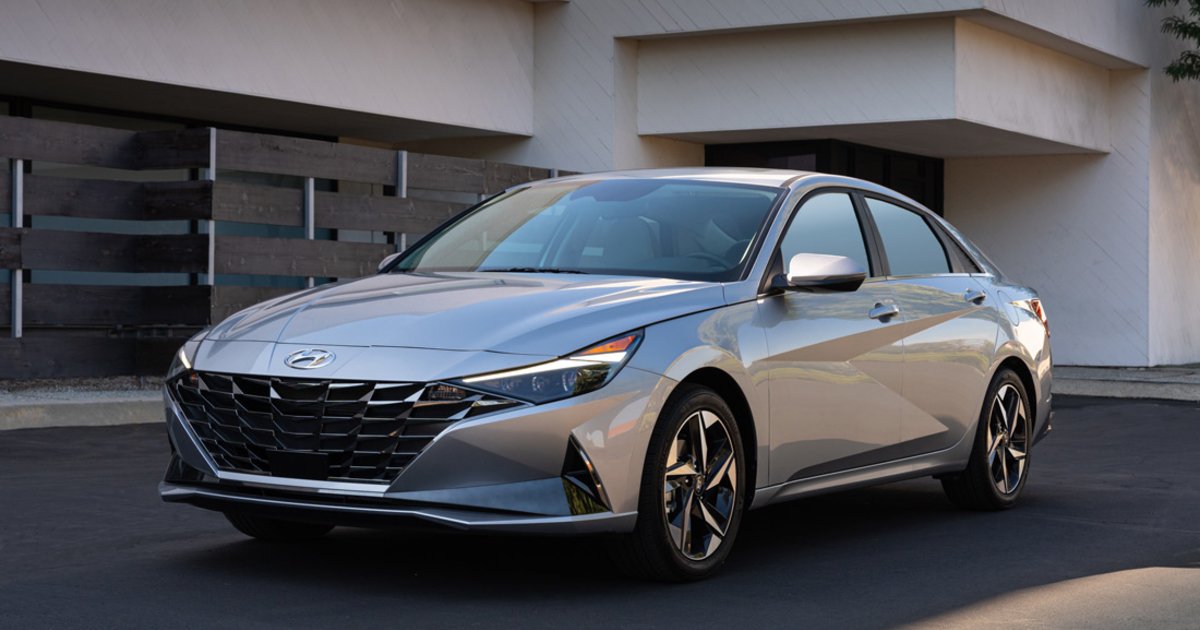
WASHINGTON — U.S. auto safety regulators are investigating certain Hyundai and Kia vehicles from the 2020-22 model years after allegations of exploding seat belt pretensioners that have been linked to three injuries.
The investigation could affect an estimated 275,000 vehicles and will initially cover the:
• 2021-22 Hyundai Elantra and Elantra Hybrid
• 2021 Hyundai Venue
• 2021 Genesis GV80
• 2022 Genesis GV70
• 2020-21 Hyundai Accent
• 2022 Kia Sorento Hybrid and Sorento Plug-in Hybrid
NHTSA’s Office of Defects Investigation said it was aware of three separate incidents alleging faulty seat belt pretensioners.
“In all three incidents, the driver-side seat belt pretensioner deployed abnormally, causing metal fragments to enter the rear cabin resulting in injuries to the rear occupants,” according to a report released Friday.
The agency said the “failure mechanism and contributing factors remain unclear.”
Hyundai said it is fully cooperating with NHTSA.
“Hyundai has maintained regular and open communication with NHTSA regarding these recalls and will continue to provide relevant information and data throughout the recall query process,” the automaker said in a statement.
Kia did not immediately respond to requests for comment.
Korean company Samsong Industries Co. is the supplier of the pretensioners, according to NHTSA.
From October 2021 to April this year, Hyundai and Kia issued five separate recalls for exploding seat belt pretensioners.
NHTSA has launched the investigation — known as a “recall query” — for further assessment and to determine whether more vehicles should be recalled, citing “the serious nature of the failures and multiple safety recalls issued.”
With a safety probe, the agency will assess the scope and severity of the potential defect and other possible safety-related issues.
Most NHTSA investigations start as preliminary evaluations, in which agency engineers request information from the manufacturer, including data on complaints, injuries and warranty claims. The manufacturer also can present its view regarding the alleged defect and may issue a recall.
After the evaluation, NHTSA will either close the investigation or move into the next phase. If a safety-related defect exists, according to NHTSA, the agency might send a “recall request” letter to the manufacturer.